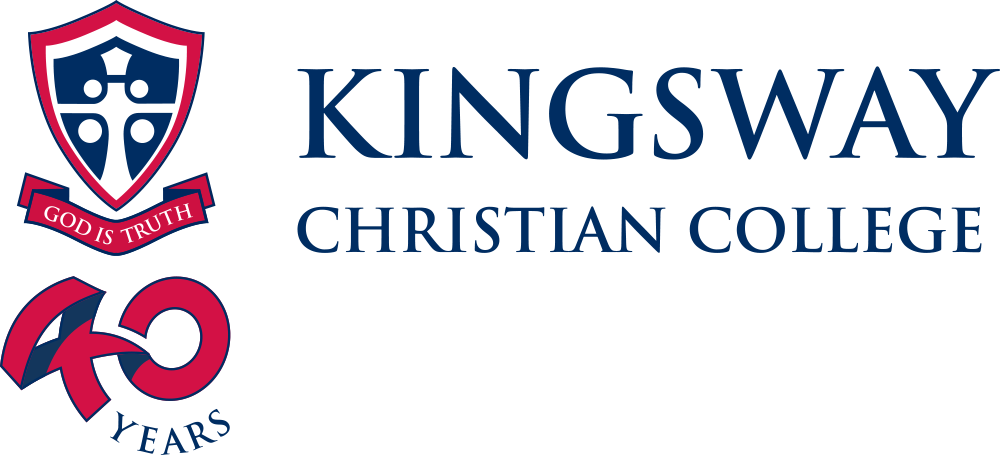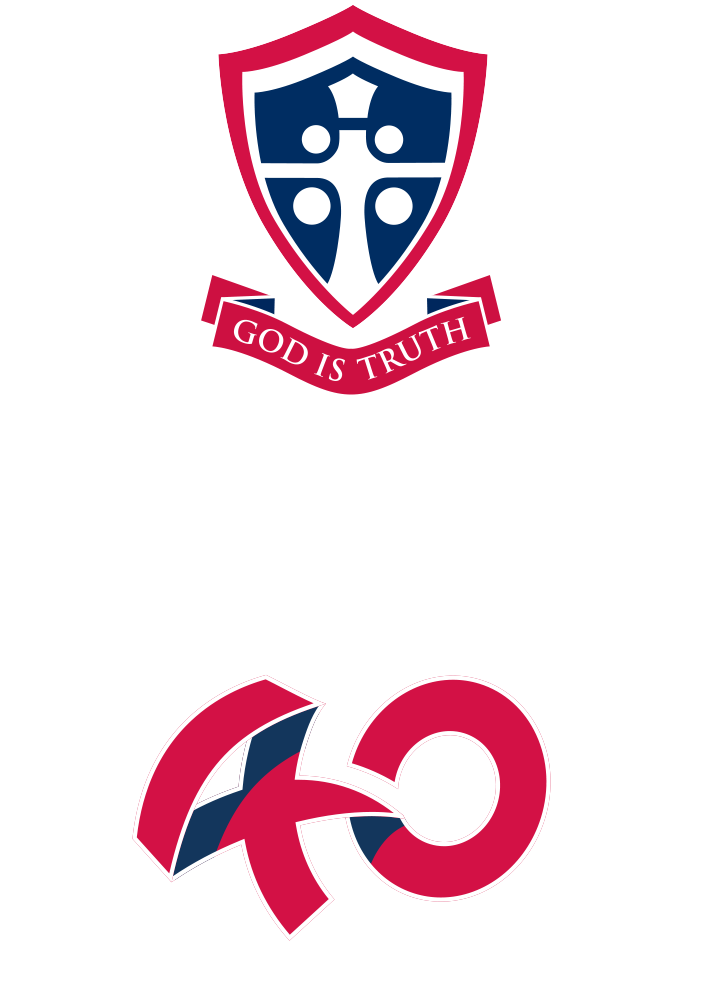Choosing the right school for your child may seem like an overwhelming decision. It is a big investment in their future and there are many things to consider.
The most important things to remember when it comes to choosing the right school are to take your time, do your research and consider all of your options. Here are our top five tips that will help make the process a little bit easier.
1. What are your child’s needs?
Establishing your child’s individual needs is the first step. Being clear about the learning environment that will best suit your child is the most important thing. Write down the things you feel your child needs from a school environment. Investigate whether the school provides tutoring services, teacher aides or if they offer extension or support programmes. It is important to discuss your child’s specific needs directly with staff. Attend a school tour to determine if the classrooms, grounds and facilities will suit your child and provide the best possible environment where they can excel academically, emotionally, spiritually and socially.
2. Does the school match your family values?
A key factor in choosing the right school for your child is ensuring the school aligns with your family values. An important question to ask yourself is whether there is a match between the values at home and the values held by the school. When there is a parallel, your child will feel comfortable to learn in an environment they are familiar with. It is essential that you agree with the values that a school instils in your child.
3. Will the school suit your child’s personality?
Consider your child’s interests both now and in the future. It’s important to choose a school that provides academic and co-curricular activities that your child will enjoy or perhaps might like to try in the future. Do they enjoy sports, learning a musical instrument or have a passion for debating? If your child loves to travel and explore, a school that offers excursions and school trips might be favourable. For younger children yet to determine areas of interest, a school offering a diverse curriculum may be appealing. A school that caters to your child’s interests beyond academia, will provide a holistic and enjoyable educational experience.
4. Is the curriculum appealing?
Students have different needs at various stages of their schooling. For Primary students, does the school offer a play-based, child-centric approach or are lessons more structured? This is where direct communication with the school will provide the best insight. For students entering Secondary school, find out what subject choices will be available to them and whether alternative pathways are offered. You might like to enquire about STEAM subjects, TAFE courses, university pathways and work experience placements in the upper years.
5. Is the location and cost practical?
Location is a significant factor. Commuting to and from school can have an impact on families. Key points to consider include travel time, transport options (bus and train timetables) and whether siblings will attend the school. Finances are also a key determining factor. Explore both public or private schooling options carefully to find a school that suits your child and your financial position.
To learn more about a Kingsway education, download our Prospectus.






